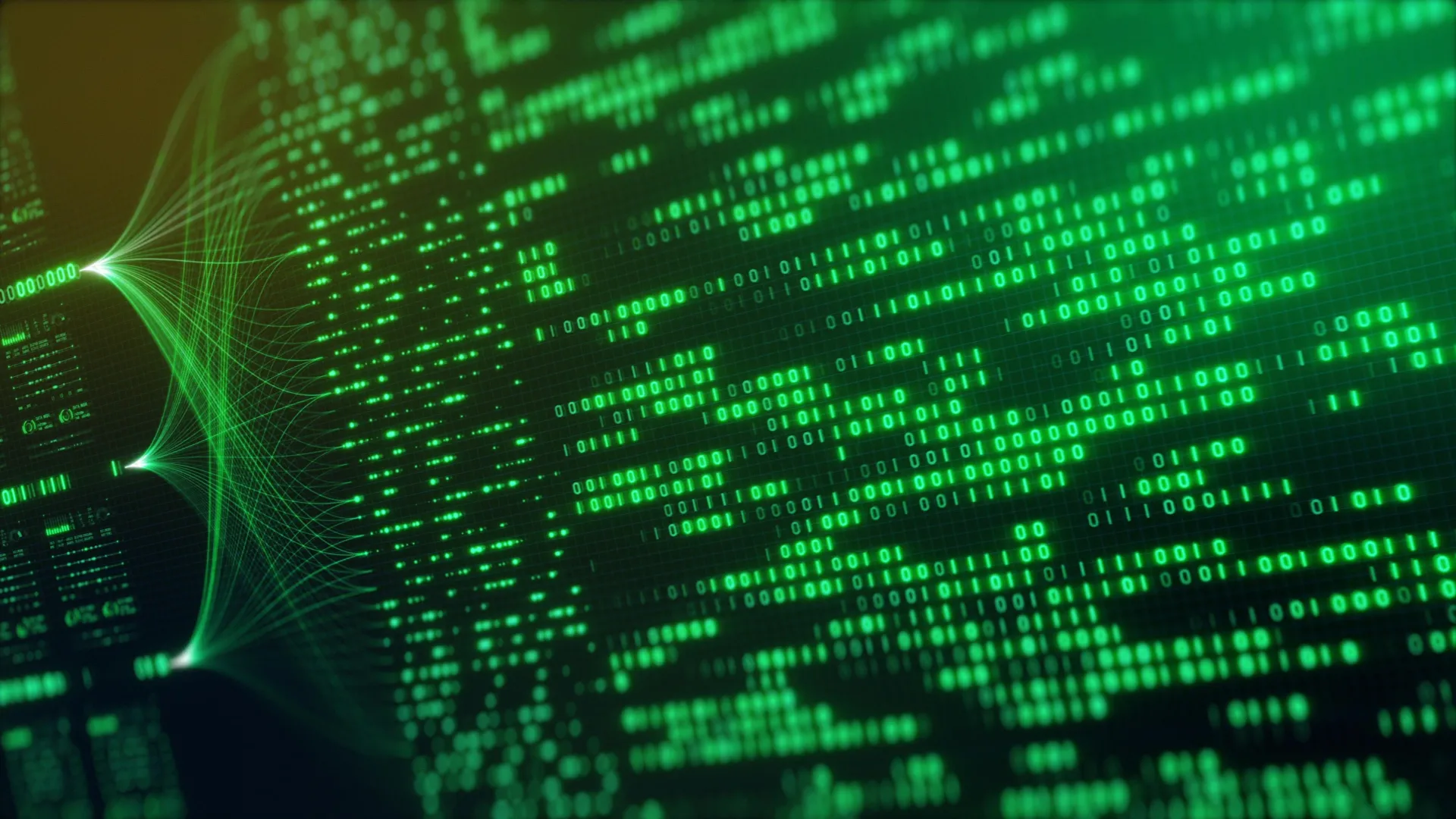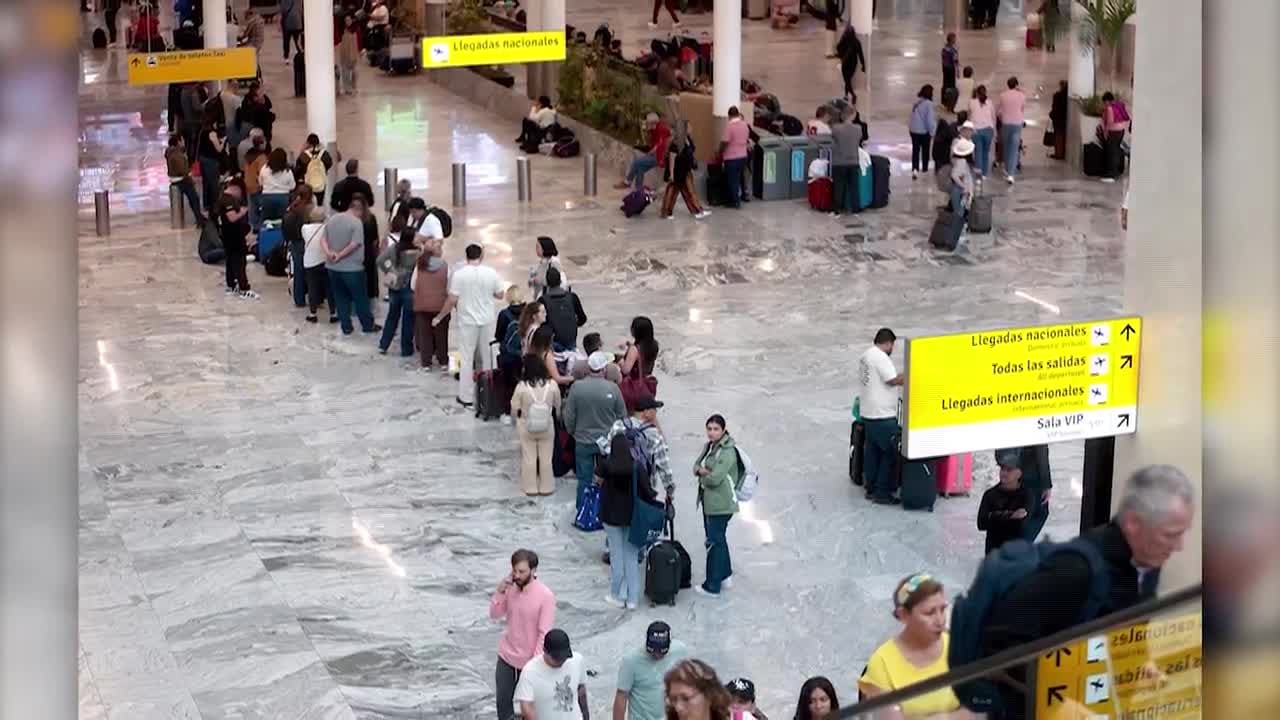UPDATE: In a groundbreaking revelation, physicists at the University of British Columbia Okanagan have confirmed that the universe cannot be a simulation. Their research, published on November 10, 2025, utilizes Gödel’s incompleteness theorem to demonstrate that reality requires a “non-algorithmic understanding” that defies computational replication.
This urgent finding challenges the longstanding simulation hypothesis, a favorite in science fiction, by asserting that the fundamental nature of the universe exists beyond any algorithmic framework. The implications of this research could reshape our understanding of reality itself.
Dr. Mir Faizal, an Adjunct Professor at UBC Okanagan, along with collaborators including Dr. Lawrence M. Krauss, reveals that the structure of reality operates in a way that no computer could ever emulate. Their study, featured in the Journal of Holography Applications in Physics, goes beyond disputing the idea of a simulated universe akin to “The Matrix,” proving instead that the cosmos is built on principles that transcend computational understanding.
Dr. Faizal stated, “Our research shows that the universe operates beyond the limits of computation. It’s impossible to fully describe all aspects of physical reality through any computational theory of quantum gravity.” This finding suggests a deep, informational layer of reality, often referred to as a “Platonic realm,” from which space and time emerge.
The research highlights an essential truth: while computers follow defined instructions, some truths exist that cannot be reached through any sequence of logical operations. This is exemplified by Gödelian truths, which, while real, cannot be proven through computation alone.
In a shocking twist, Dr. Faizal explained, “Any simulation is inherently algorithmic—it must follow programmed rules. Since the fundamental level of reality is based on non-algorithmic understanding, the universe cannot be, and could never be, a simulation.”
This urgent research shifts the simulation hypothesis from the realm of philosophical speculation to a scientifically validated concept. Dr. Krauss emphasized that fundamental laws of physics cannot be confined within our traditional views of space and time. Instead, they generate these constructs, revealing the need for a deeper understanding of reality.
As the scientific community grapples with these findings, the implications for our grasp of existence are profound. This study does not just challenge previous assumptions; it fundamentally alters our perception of the universe and our place within it.
With the simulation hypothesis now firmly rebutted, researchers encourage further exploration into the non-algorithmic aspects of reality. The urgency of this discovery invites immediate reflection and discussion among scientists and the general public alike.
For those intrigued by the mysteries of the universe, this research provides a definitive answer to one of the most captivating questions in modern science, igniting curiosity and debate about the very fabric of existence.
As further developments arise from UBC Okanagan, the scientific community and the world will be watching closely.






